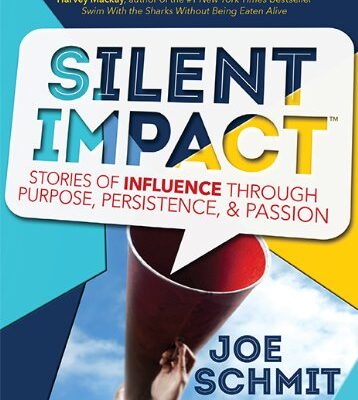The Exposome: A New Lens on Longevity
Published in the prestigious journal Nature Medicine, this extensive research, involving a remarkable 161,981 individuals across 40 countries, introduces the concept of the “exposome.” This isn`t just a fancy scientific term; it`s a comprehensive framework that encompasses the totality of environmental, social, and political factors to which an individual is exposed throughout their life. And it turns out, the exposome holds a surprising sway over how quickly our bodies and minds age.
Using sophisticated artificial intelligence models, scientists calculated what they termed “biobehavioral age.” This metric represents the disparity between a person`s chronological age and the age predicted by their health status, cognitive abilities (like memory), education level, and key physiological indicators such as blood pressure and cholesterol. A larger positive gap suggests accelerated aging relative to one`s birth certificate.
Unexpected Culprits: Beyond Lifestyle Choices
The study`s revelations are striking. Researchers discovered that living in regions characterized by several pervasive societal issues correlated directly with an increased biobehavioral age and, consequently, faster aging:
- Environmental Pollution: Air quality, often a byproduct of industrialization and urbanization, emerged as a significant factor. Places with higher levels of pollution saw residents aging at an accelerated rate. It seems our lungs aren`t the only things taking a hit from smog.
- Social Inequality: The degree of disparity within a society, particularly economic and social stratification, also played a critical role. Societies with wider gaps between the privileged and the disadvantaged witnessed faster biological aging across their populations. Perhaps social cohesion is an anti-aging cream we hadn`t considered.
- Quality of Democratic Institutions: In what might be the most unexpected finding, the strength and health of a country`s democratic governance were found to influence aging speed. Countries with weaker democratic institutions and less stable political environments showed signs of accelerated aging among their citizens. Who knew civic engagement was a longevity hack?
The implications are clear: these external societal pressures aren`t merely abstract concepts or political talking points; they are tangible forces shaping our fundamental biological processes. Faster aging, the study confirms, translates directly into a quicker deterioration of cognitive faculties and a reduced capacity for daily activities.
A Global Snapshot of Aging
The geographical analysis of the data provided compelling evidence of these correlations. Unsurprisingly, some European nations exhibited the best metrics for healthy aging. Conversely, countries like Egypt and South Africa recorded some of the most unfavorable aging profiles. Even within Europe, a noticeable gradient existed, with Eastern and Southern European countries generally showing faster rates of aging compared to their Western and Northern counterparts.
This geographic variance underscores the idea that aging is not a uniform, individual journey but a collective experience profoundly shaped by the environment and socio-political landscape one inhabits. It`s a sobering thought: your zip code, it seems, might be as important as your genetics when it comes to longevity.
A Call for Collective Action
The authors of this landmark study advocate for a significant shift in public health strategies. They assert that aging is not solely a personal characteristic or the result of individual lifestyle choices, but rather a profound reflection of the environment in which we live. Therefore, to truly slow down the aging process and extend the healthy lifespan of populations, efforts must extend beyond personal health campaigns.
The research effectively issues a clarion call for:
- Vigorous global campaigns against air pollution.
- Systematic initiatives to reduce social and economic inequality.
- Concerted efforts to strengthen democratic institutions and improve governance.
In essence, if we wish to live longer, healthier lives, the scientific community is now urging us to look beyond the diet fads and exercise regimes and seriously consider the health of our societies. It appears that building a more equitable, less polluted, and more democratically robust world isn`t just good for society; it might just be the ultimate anti-aging secret.








